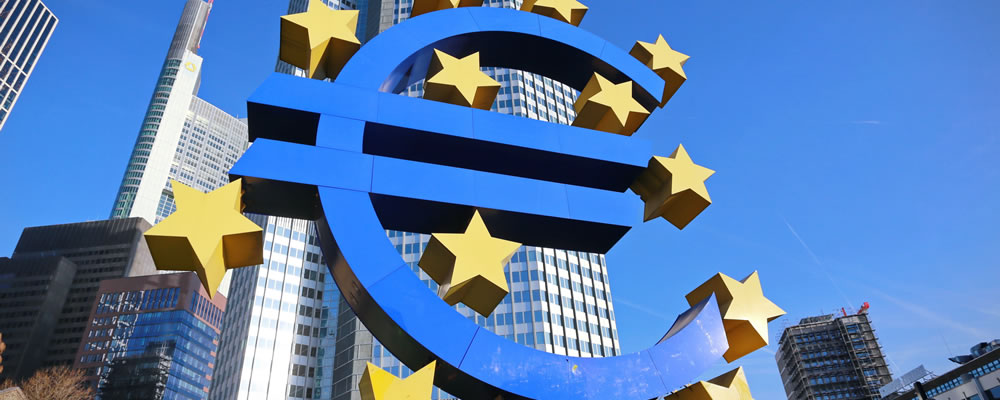Coalition Concerns after Italian General Election Limit Euro to Pound (EUR/GBP) Exchange Rate Gains
The Euro to Pound (EUR/GBP) exchange rate has fallen today, in the aftermath of the Italian general election that resulted in a hung parliament.
This outcome remains a restrictive factor on Euro to Pound movement, given how it could negatively impact the Eurozone as a whole.
While concerns about Germany’s government after the September 2017 election have now dissipated, they have immediately been replaced by speculation about the Italian vote.
The ballot on 4th March saw no party emerge with an overall majority, and mainstream parties lose votes to more radical ‘outsider’ factions.
The present worry among Euro traders is that anti-establishment groups like the Five Star Movement and League could unite, resulting in increased hostility to the EU and Eurozone.
Forecasts for UK Inflation Rate Slowdown Trigger Pound to Euro (GBP/EUR) Exchange Rate Rise
The Pound has made early gains against the Euro today, thanks to growing optimism about a potential reduction in UK interest rates this week.
Although slowing UK inflation implies reduced chances of a near-term UK interest rate hike from the Bank of England (BoE), it also means better conditions for UK consumers.
This can lead to higher levels of spending and engagement in services, which in the long-term could provide a greater boost to the value of the Pound.
Considering the inflation rate data out on 20th March, Chief UK Economist at Pantheon Macroeconomics Samuel Tombs was broadly optimistic;
‘It should be good news for consumers, as we have CPI inflation down to 2.8%, it has peaked and is on the way down.
The currency effect on inflation is fading, last year retailers had to push through price increases because of the fall of the Pound, same with fuel costs.
With wages, the surveys suggest that the risk is on the upside, while workers’ bargaining power has increased as firms are complaining that they cannot find people’.
Euro to Pound Exchange Rate Forecast: Risk of EUR/GBP Slump on Shrinking Eurozone Trade Surplus
The Euro to Pound exchange rate could fall further in the near-term, when the Eurozone trade balance for January will be announced.
This reading is predicted to show the surplus of 25.4bn in December shrinking to 22.6bn in January, although lower surpluses at the start of the year are a recurrent pattern in the Eurozone.
There may be a chance of a Euro recovery if Eurozone construction output levels are reported higher in January; current expectations are for growth from 0.5% to 1.5%.
As mentioned above, the Pound could advance if UK inflation is reported to have fallen on the morning of 20th March.
If inflation remains at the 3% level, however, then the Pound could be devalued because of market pessimism about the ongoing UK wage squeeze and real income depletion.



